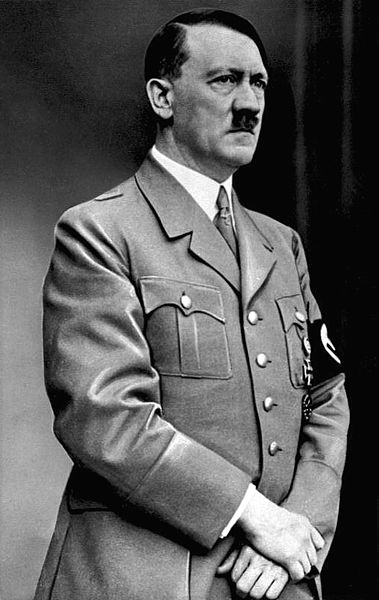The Hossbach Conference of 1937
The Hossbach Conference took place on 5 November 1937. It is named after Adolf Hitler’s military adjutant, Friedrich Hossbach, who wrote the ‘Hossbach Memorandum’ once the conference was over. Hossbach was Hitler’s military adjutant at the time.
Richard Overy and other historians generally believe Hitler declared his war plans on Europe at the Hossbach Conference. He said he would resort to war if he was unable to acquire the eastern living space which he felt Nazi Germany deserved through peaceful means. Hitler used the word ‘attacker’ and it is acknowledged that he was specifically referring to Nazi Germany. Although, historian Timothy Mason feel the memorandum was simply Hitler testing the thoughts of people surrounding him, and that it was ambiguous. Mason and other historians also believe the final memorandum had been thoroughly edited before the Nuremberg Trials began, so because of this the contents are treated with caution.
The conference was held secretly at the Reich Chancellery and attendants were sworn to secrecy. Invitations were only given to those closest to Hitler.

These attendants were:
- Constantin Freiherr von Neurath – Foreign Minister
- Admiral Erich Raeder – Commander-in-Chief of the Navy (Kriegsmarine)
- General Werner Freiherr von Fritsch – Commander-in-Chief of the armed forces
- Col Friedrich Hossbach, military adjutant to Hitler
- Field Marshal Werner von Blomberg – Minister of War
- Colonel General Hermann Goering – Commander-in-Chief of the Luftwaffe.
Initially the meeting began with Hitler demanding total secrecy, before outlining his ideas and telling the people gathered that they should consider his speech a ‘political testament’ in the event of his death. Hitler outlined the necessary actions to achieve ‘Lebensraum’ (living space) in Eastern Europe and then the steps required to ‘Germanise’ the conquered land.
On 10 November 1937 the The Hossbach Memorandum was written (it is also sometimes called the Hossbach Protocol or the ‘Hossbach Niederschrift’). Hossbach took notes in the conference and put them together for the memorandum - this was presented as evidence at the Nuremberg Trials in 1945 for supporting the charge that Germany had planned for war.
The historiography on the Hossbach conference and subsequent memorandum is divided. Historians such as Richard Overy believe that Hitler announced at the conference his intention to wage war in Europe if he could not peacefully win ‘living space’ in Eastern Europe. However, historians such as Timothy Mason believe that the memorandum could have instead been written to test the opinions of his closest advisors or to respond to Germany’s increasing economic woes in the late 1930s.
See also: The Hossbach Memorandum
MLA Citation/Reference
"The Hossbach Conference of 1937". HistoryLearning.com. 2026. Web.
